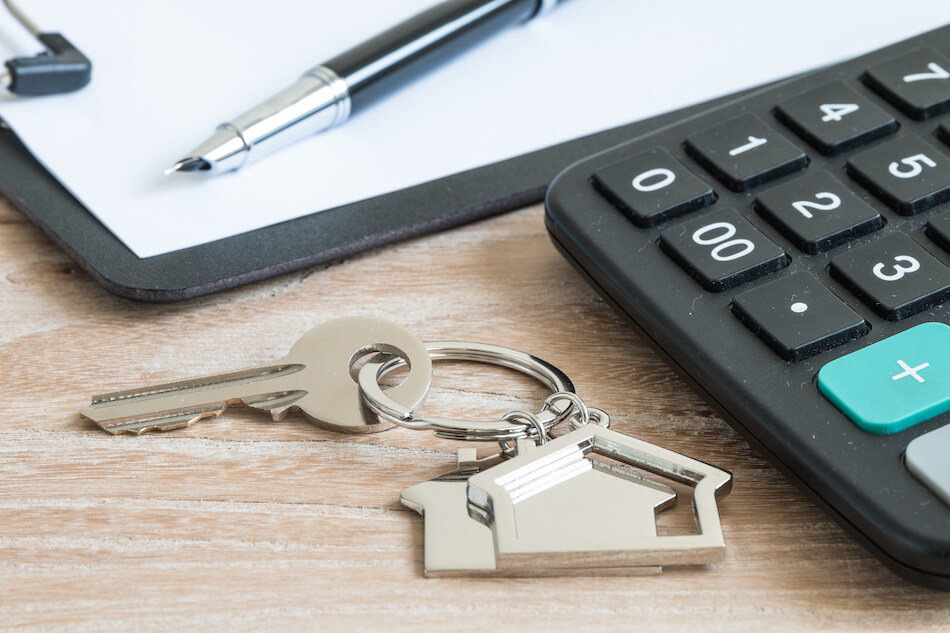Should You Sell or Rent Your Home?
 Are you trying to decide whether to sell or rent your home? It can be a difficult decision, as it involves both financial and emotional considerations. But with the right guidance and research, you can make an informed decision that is best for your situation. From checking your finances to researching the local market, here are some points to consider.
Are you trying to decide whether to sell or rent your home? It can be a difficult decision, as it involves both financial and emotional considerations. But with the right guidance and research, you can make an informed decision that is best for your situation. From checking your finances to researching the local market, here are some points to consider.
For informational purposes only. Always consult with a licensed real estate professional before proceeding with any real estate transaction.
Do You Have the Financial Resources to Hang on to a Rental Property?
A house takes maintenance, and what can go wrong will at some point. Do you have the money saved up to manage emergencies or to juggle living costs if your renters leave you in the lurch and you need to cover the mortgage for a few months? If there's not much room to spare in your finances, you may want to go ahead and sell.
Do You Have the Tolerance to Be a Landlord?
If you are going to hang on to your property, you have to be prepared for the responsibility that carries with it. That means dealing with rent deposits, tenants, and maintenance yourself, or hiring a property manager who can do it for you. A huge factor is also the condition the home is in—if it's going to have continuous issues, then it can be a real stress and financial drain.
Can You Cover Your Costs?
Determining the rent you need to cover your costs is more than just your mortgage. You must look at property taxes, maintenance costs, property management costs, and more. If you are not going to be able to earn enough rental income to at least come out even, it may be wiser to sell. The exception to this rule is if you believe your home's value will rise enough during your rental period to offset any shortfall.
Is There a High Demand for Local Rentals?
In order to make the best decision, it is important to research the local market and determine how much demand there is for rental properties. If there is a shortage of rentals or a high demand for them, then it may be wise to consider renting out your property. Doing so could generate passive income and help you cover expenses such as mortgage payments or other costs associated with owning a home. However, if there's an overabundance of rentals in the market, or if there doesn't seem to be interest, then selling may be more profitable in the long run.
Do You Think Your Home Value Will Increase?
If the value of your property is likely to increase in the future, it might be worth holding onto. On the other hand, if you believe that the market won't appreciate as much as you'd like, it may be a more profitable strategy to sell the home now. Do research on comparable properties and recent sales data so you can make an informed decision about whether it's better to sell or rent out your property.
Do You Have an Emotional Connection to Your Home?
Many form strong attachments to homes, especially if they've lived in them for some time. If you sell the home, you won't be able to get it back unless the new owner puts it on the market and you buy it. But if you hold on to the property and rent it out, you have the chance to move back in the future. If you think there's a chance you'll want to call it home again in the future, it may be best to rent it out.
Are You Interested in Real Estate Investing?
Real estate investing is a popular way to generate passive income, but it can be complex depending on your plans. A relatively easy way to get started is to rent out a property that you already own and are familiar with. As mentioned earlier, you'll want to make sure you're prepared for everything that goes along with being a landlord.
Ultimately, the decision to sell or rent your home depends on various factors. Consider the local rental market, whether you think your home value will increase, and what kind of return you'd get from either option. It's up to you to decide which route is best for your particular situation and financial goals. No matter what path you choose, make sure it suits your needs and helps you reach your long-term objectives.
For informational purposes only. Always consult with a licensed real estate professional before proceeding with any real estate transaction.

